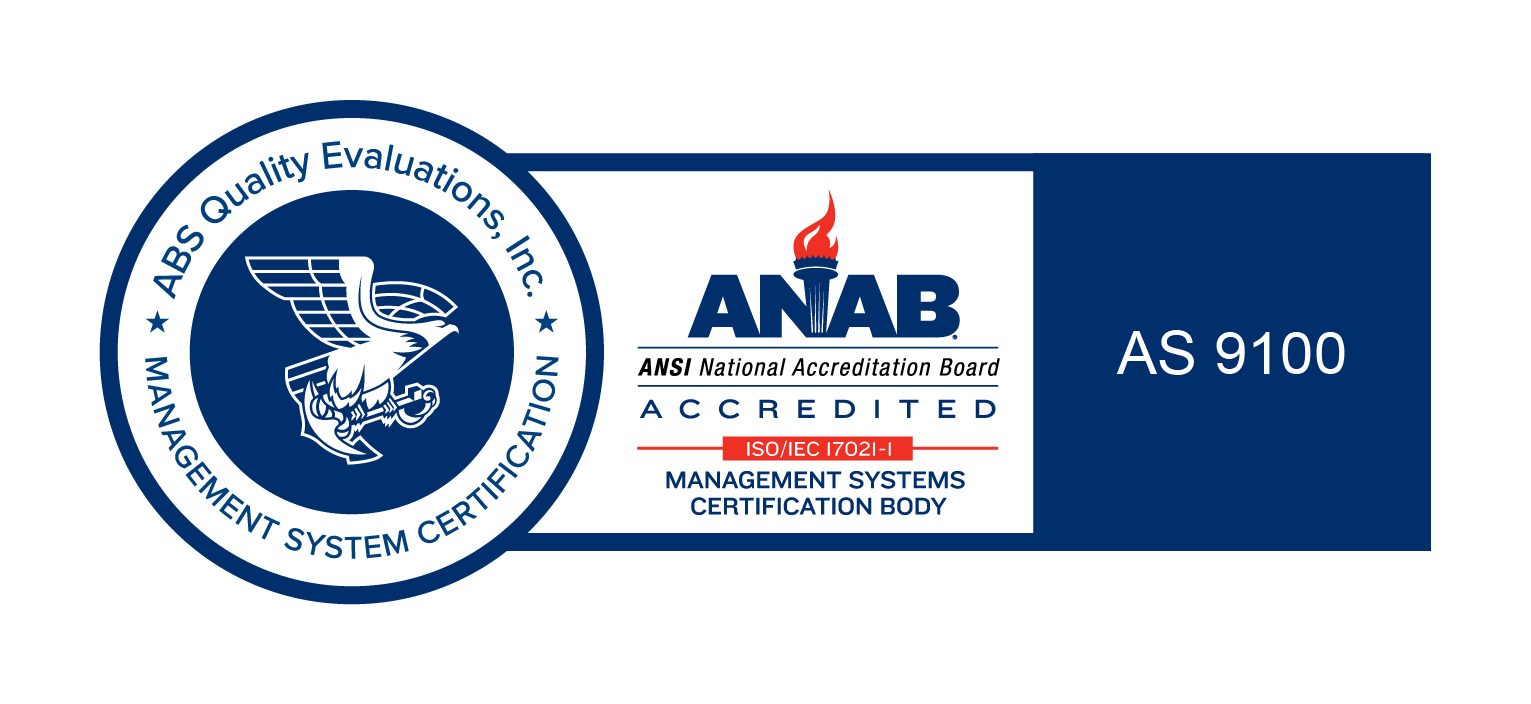HAYNES® 230® alloy
W.Nr 2.4733
Applications
Catalyst grid supports, gas turbine components, high temperature bellows, furnace components.
Description
HAYNES® 230® alloy is a nickel-chromium-tungsten-molybdenum alloy which combines excellent high temperature strength and oxidation resistance with superior long term stability and good fabricability. It has lower thermal expansion characteristics than most high temperature alloys and resists grain coarsening with prolonged high temperature exposure.
Industries Supplied
Aerospace, Industrial Heating, Power Generation, and Chemical Processing
Nominal Composition
C: 0.05 – 0.15
Mn: 0.30 – 1.0
Si: 0.25 – 0.75
P: 0.030 max
S: 0.015 max
Cr: 20.0 – 24.0
Co: 5.0 max
Mo: 1.0 – 3.0
W: 13.0 – 15.0
Fe: 3.0 max
Al: 0.20 – 0.50
La: 0.01 – 0.05
Ni: Balance
Physical Properties
Density: 0.327 lb/in3, (9.05 g/cm3)
Modulus of Elasticity (E):
At 70°F (20°C): 30.6 x 103 ksi (211 GPa)
Coefficient of Expansion:
7.4 µin/in.-°F (70°F to 1000°F)
13.2 µm/m-°C (20°C to 538°C)
Electrical Resistivity: 49.2 µΩ.in, (1.25 µΩ.cm)
Thermal Conductivity: 62 Btu-in/ft2hr-°F, (8.9 W/m-K)
Applicable Specifications
Strip: ASTM B435, AMS 5878
Typical Mechanical Properties
- Annealed
- Heat Treatment: 2210°F (1210°C)
- Tensile Strength: 115 ksi (793 MPa) min
- Suggested Operating Conditions: -300°F to 2100°F (-184°C to 1149°C)
HAYNES® and HAYNES 230® are registered trademarks of Haynes International, Inc.
For further information Contact:
Contact Us
Phone: 1 888 843 2350
Elgiloy Specialty Metals – Strip Products
1565 Fleetwood Dr.
Elgin, IL 60123 USA
Limitation of Liability and Disclaimer of Warranty:
- The content in these data sheets is provided primarily by third-party melting mills and is provided for reference only. It is not intended for engineering or design.
- Applications may be discussed, however, Elgiloy Specialty Metals, a Division of Combined Metals Company LLC, does not recommend or endorse any material for any particular end use or application.
- The data included in this data sheet are typical values and may vary.
- Elgiloy Specialty Metals, a Division of Combined Metals Company LLC, makes no representations or warranties, express or implied, as to the accuracy, completeness, condition, suitability, performance, fitness for a particular purpose, or merchantability of any information contained in any data sheet.
In no event will Elgiloy Specialty Metals, a Division of Combined Metals Company LLC, be liable for any damages whatsoever arising from the use of the information included in the data sheets.
Additional Information on HAYNES® 230® alloy
HAYNES® 230® alloy is one of the many Nickel-based alloys that Elgiloy provides for its customers. It is absolutely one of the premium alloys on the market and can be used in a wide variety of industries for a number of different types of machinery. As one of the most flexible and reliable alloys out there, it can be trusted to perform the way you want it to over very long periods of time, all while maintaining the same properties that you have come to expect from other Nickel alloys. This is why many professionals today continue to use this Haynes alloy in the building and maintaining of their machines.
As a nickel-chromium-tungsten-molybdenum alloy, HAYNES® 230® alloy strip has some of the same characteristics that you have come to expect from similar alloys in the market. These characteristics include high temperature resistance and resistance to oxidation. In fact, this alloy strip has been known to resist oxidation where temperatures get to over 2000 degrees, which is among the best of any alloys on the market today. It is also resistant to grain coarsening in high temperatures and exhibits lower thermal expansion characteristics than other alloys made specifically to withstand high temperatures.
HAYNES® 230®alloy is very easily fabricated at room temperature. This allows for ease in welding and forming the alloy to meet your specific requirements. It can be formed by both hot and cold working, adding to the already impressive amounts of flexibility this alloy has over similar alloys. However, the strip should be both annealed and rapidly cooled in order to have the absolute best in all of the properties that it brings to the table. It can be welded using many different techniques which includes but not limited to gas metal arc, resistance welding, and gas tungsten arc.
The HAYNES® 230® alloy can also be casted using standard techniques such as vacuum melt, air melt, or sand mold, although it is recommended that you use silicon levels at the high end of the specification range, mostly for the enhancement of its fluidity. Depending on what are you are using it for, you can cast it in either as-cast or solution-heat-treated condition. With all of this flexibility, it is easy to see why this alloy is used by a number of professionals in a wide variety of industries.
If you are looking to build any machine that gets to extremely hot temperatures for long periods of time, consider HAYNES® 230® alloy for its construction. The chemical processing, aerospace, and power industries already take advantage of everything the strip has to offer, because they know that any failure can cost a considerable amount of time, money, and manpower to solve, all while inconveniencing their customers and employees, and at worst putting them in life or death situations. They require a strip that can be counted on to run perfectly every time, all the time, and over time. This is why time and time again they look to HAYNES® 230® alloy strip to do the job for them.





